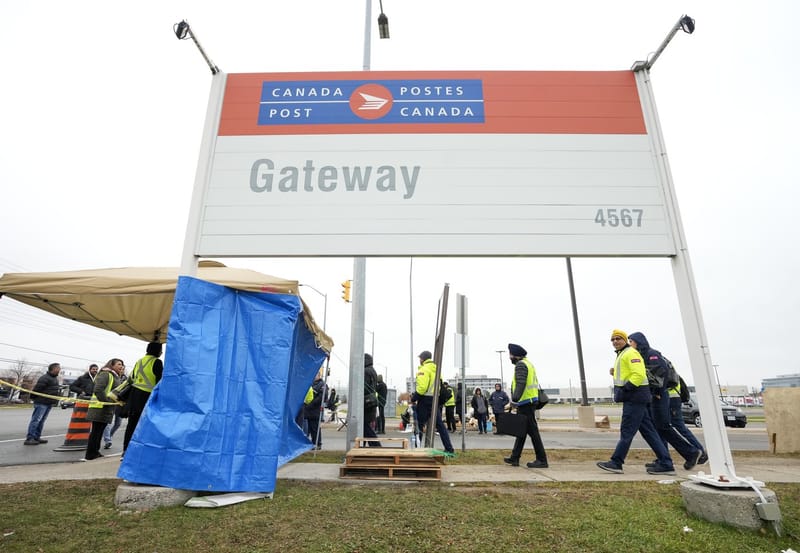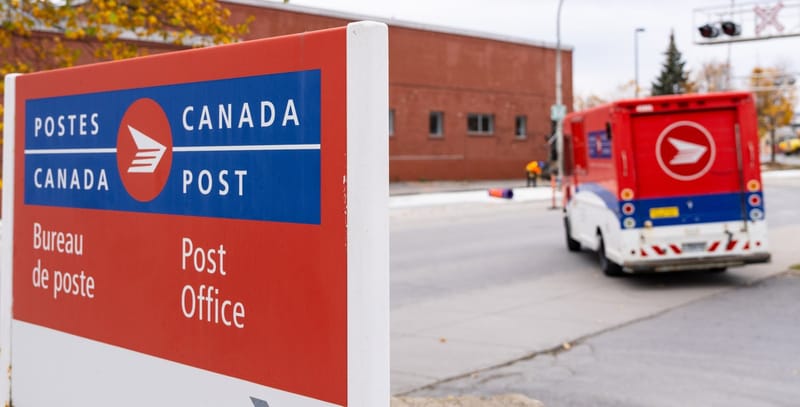Blair says he ‘expected’ CSIS warrants to be dealt with ‘promptly’
Former public safety minister Bill Blair said he “was not advised” for weeks after CSIS says it told his chief of staff that it was seeking approval to investigate an Ontario Liberal powerbroker in March 2021.

Former public safety minister Bill Blair stated that he "was not advised" for weeks after CSIS informed his chief of staff in March 2021 that it was seeking approval to investigate an influential Ontario Liberal figure.
Questions remain about why, according to testimony from a CSIS official, the warrant application targeting Michael Chan, a former provincial Liberal cabinet minister, remained with Blair’s chief of staff, Zita Astravas, for over a month before Blair signed off on it just before the 2021 federal election.
Chan, a prominent figure in Ontario’s provincial and federal Liberal circles, has long faced suspicions of close ties to the Chinese consulate in Toronto and representatives of the People’s Republic of China (PRC) in Canada—allegations he has consistently denied.
It is rare for CSIS to request surveillance of a prominent politician, as such a step requires approval from a federal judge, senior CSIS officials, and the public safety minister. The federal inquiry into foreign interference has yet to provide a clear explanation for the delay in approving this warrant.
In a statement to Global News, Blair said, “While it was appropriate for my staff and CSIS to ensure submissions were correct and complete before it was brought to me, my expectation was and always had been that warrant applications be dealt with properly and promptly.”
Astravas, now with lobbying firm Wellington Advocates, did not respond to requests for comment.
Last week, during Justice Marie-Josée Hogue’s foreign interference commission, evidence was presented that CSIS briefed Astravas on the warrant in early March and delivered it to her office shortly thereafter. Michelle Tessier, former deputy director of operations at CSIS, testified that agents were “frustrated” by the delay in securing approval for the warrant to surveil Chan, who now serves as the deputy mayor of Markham, Ontario.
Chan did not respond to requests for comment and is currently suing CSIS and two reporters over leaked information.
CSIS generally expects a 10-day window between submitting a warrant for the public safety minister's approval and receiving a decision. It remains unclear why this warrant took significantly longer. However, former CSIS director David Vigneault testified that he wasn’t concerned with the delay, and when the matter was brought to Blair’s attention, the warrant was approved that same day.
Stephanie Carvin, a former CSIS analyst and current professor at Carleton University, explained that the agency would have conducted significant preparatory work before even reaching the stage of a warrant application. Politicians, along with media, religious institutions, and academia, are considered “sensitive” sectors when it comes to CSIS surveillance.
Referring to the intelligence-gathering excesses of the 1970s, Carvin noted, “Everyone remembers the lessons of the 1970s and, you know, the searching of politicians and journalists and things like this and how inappropriate and how damning that really was for the community as a whole... And I don’t really think there’s an appetite to go back to that.”
Carvin further noted that, for CSIS to begin investigating a politician, significant involvement from its highest levels, including the director, would be required. Gaining a warrant to actively surveil a politician would also necessitate high-level approval and a substantial allocation of resources.
“The service only has so many resources… It’s not like it’s easy to get a warrant, (and) just because you have a warrant doesn’t mean it’s easy to collect that information,” she said. “Once you get to that point, from both a legal and practical standpoint, it means you're willing to dedicate significant resources because you're concerned.”





